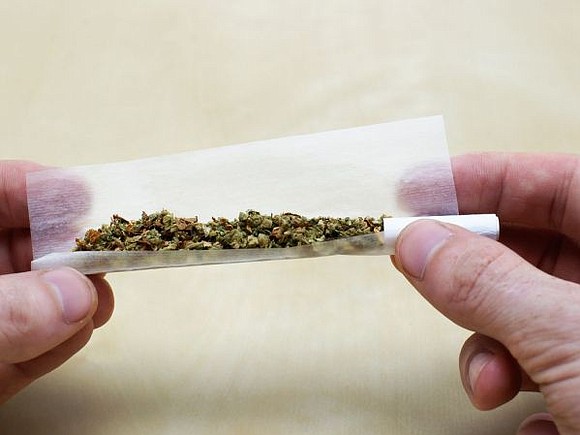The Dangerous Behaviors Of Teens Who Use Fake Weed
CNN/Stylemagazine.com Newswire | 3/13/2017, 12:45 p.m.
(CNN) -- The synthetic cannabinoids often called "fake weed" are a mix of chemicals sprinkled on what looks like incense and sold in shiny packages, often to teens and young adults.
It produces sensations similar to tetrahydrocannabinol (THC), the psychoactive ingredient in the cannabis plant, yet many users report more powerful, often dangerous effects.
New research from the Centers for Disease Control and Prevention says young people who use fake weed are also more likely to use other drugs or alcohol, to behave violently and to have high-risk sex, according to a study published Monday in the journal Pediatrics.
To understand the overall behavior of fake weed users, Heather Clayton, lead researcher of the new study and a health scientist in the CDC's Division of Adolescent and School Health, turned to the 2015 Youth Risk Behavior Survey, a school-based anonymous questionnaire administered to a nationally representative sample of high school students.
A total of 15,624 students in grades nine through 12 reported their behavior in four domains: substance use, injury and violence, mental health and sexual health.
Sexual risk-taking
Almost two-thirds of the surveyed students said they'd never used marijuana or synthetic cannabinoids. But nearly a third of the students reported trying or routinely using marijuana, while about 23% of these students had also tried or used fake weed.
Depression and other risk factors
Packages labeled as a safe and "natural" blend of herbs may give a false impression that the drug is a safe alternative to marijuana. Yet fake weed has caused rapid pulse, lethargy, nausea, vomiting, agitation, chest pain, hallucinations, delusions, confusion and dizziness, according to poison center reports.
'Unpredictable reactions' to a changing substance
"Teens who use synthetic cannabinoids, really, it's playing a game of Russian roulette," said Dr. Robert Glatter, an emergency physician at Lenox Hill Hospital in New York City. "Typically, they become very aggressive and violent in the ER, and often they require chemical (sedation) if not physical restraint."
What parents need to know
According to Dr. Scott Krakower, assistant unit chief for psychiatry at Zucker Hillside Hospital in Glen Oaks, New York, parents often ask him whether their teens might be doing permanent damage to their brains. "It's a tough question," he said. "There is a possibility you can alter the neuro circuitry just from ingesting some of these agents. ... There could be some sustained injury."
For more information go to http://www.cnn.com








